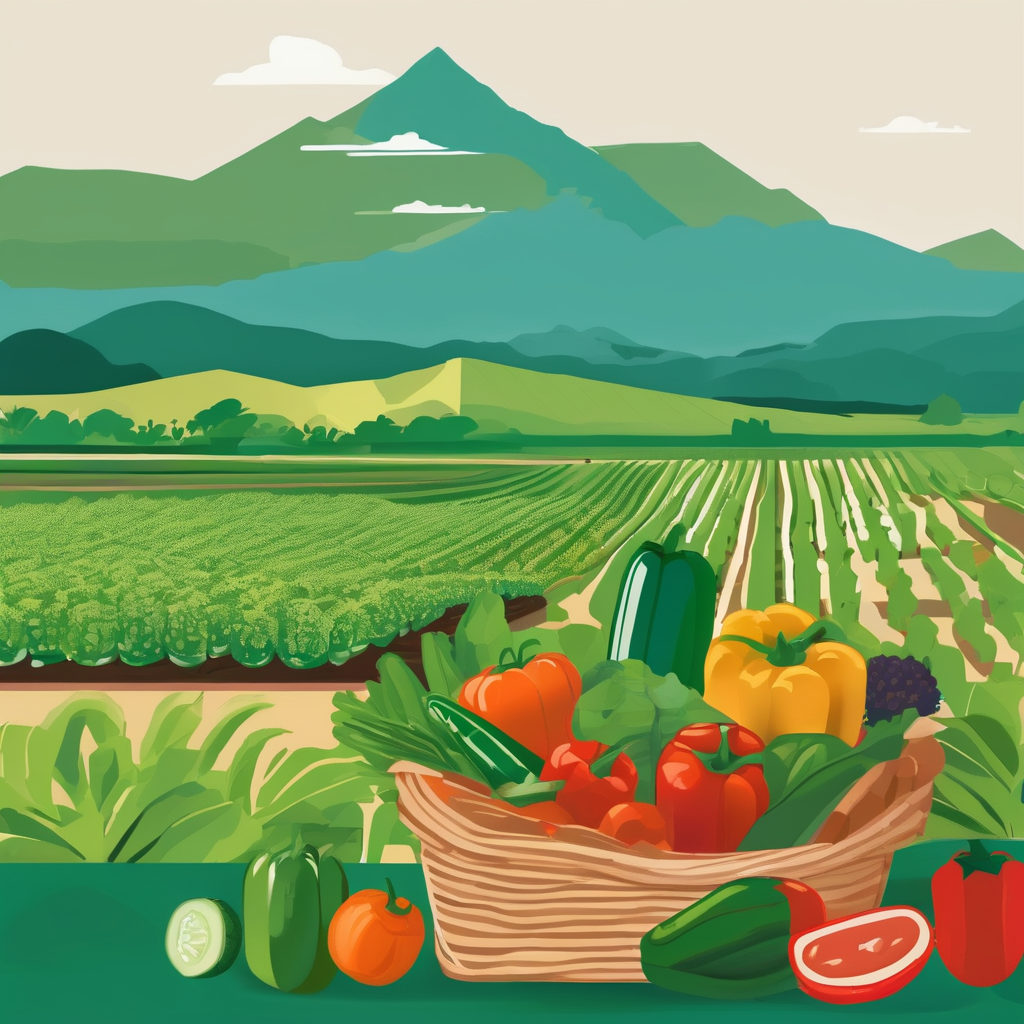In a keynote address at the National Farmers Awards ceremony in Nadi, Sashi Kiran, Fiji’s Minister for Women, Children, and Social Protection, highlighted the crucial contributions of women farmers to Fiji’s agricultural output. The 2020 census reported that women contributed $57.9 million to the sector. The Fijian Government is eager to further increase this contribution through partnerships, particularly with the Ministry of Agriculture and Waterways. This initiative is part of a broader government effort to empower women economically.
The Ministry’s Non-Sugar Agriculture Crop Policy, praised by Kiran, aims to elevate non-sugar agriculture’s GDP contribution, boost small farmers’ incomes, strengthen climate resilience, and ensure food security. These efforts coincide with Fiji’s Women’s Economic Empowerment National Action Plan, which seeks to improve women’s participation in the economy, particularly in agriculture.
Collaborations between the ministries aim to ensure that at least 40% of participants in the Commercial Agriculture Development Program are women. Resources such as nursery materials, modern machinery, technology, training, and market access will be provided to support women’s agricultural activities. Kiran also mentioned the government’s focus on advancing technological solutions in agriculture, particularly in remote areas, to facilitate market access and financial transactions via mobile platforms.
Furthermore, the development and implementation of a Gender-Responsive Climate-Smart Agriculture Policy are prioritized. The government’s integrated strategy emphasizes the essential role of women in addressing both agricultural and societal challenges through innovation and participation, despite traditional gender barriers and cultural norms which continue to pose challenges.
The increasing recognition and support for women in agriculture align with broader governmental strategies that aim to create a more inclusive agricultural sector. Initiatives such as the floriculture training programs have empowered women with valuable skills, contributing to their economic and leadership roles. These efforts reflect a shift towards greater equality and sustainable agricultural practices, signifying a hopeful future for women in agriculture and the Fijian economy overall. Recognizing and harnessing women’s potential in agriculture promises not only equity but also prosperity for the entire community.
